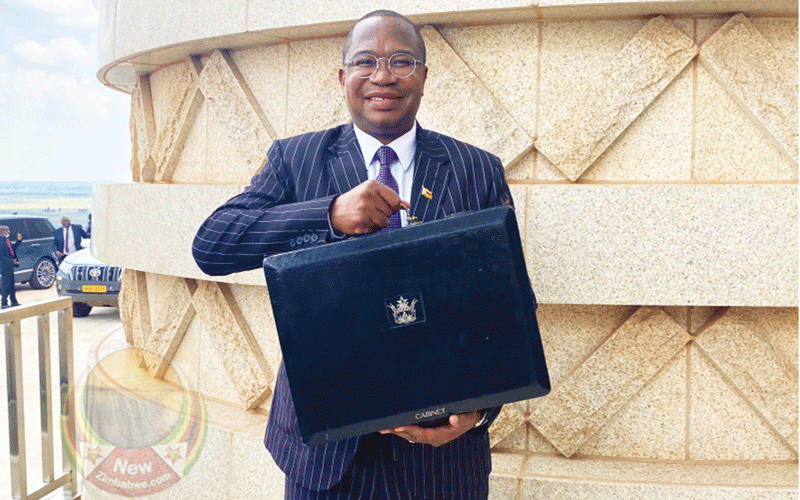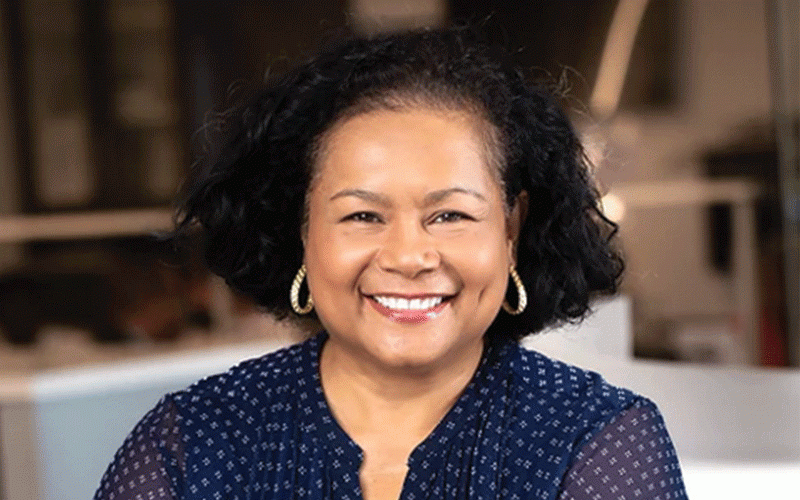
IN June, protests erupted in Kenya. They were driven by public discontent over the Finance Bill, proposed by President William Ruto’s government.
The Bill was aimed at increasing taxes on essential goods and services.
These taxes were seen as adding a burden on an already struggling population amid high living costs.
Due to public pressure, the government was forced to reconsider and scale back parts of the Finance Bill.
The protests highlighted the tension between the government’s efforts to raise revenue and the people’s economic hardships, showcasing the deep frustrations within the society in Kenya.
The widespread protests, driven largely by Gen Z, called not only for the withdrawal of the Bill, but also for Ruto’s resignation.
It’s interesting to note that Kenyans demanded Ruto’s removal, even though the Bill was the result of collective decisions made by various arms of government.
Leadership can be unpredictable and fraught with challenges, and often, leaders find themselves blamed for decisions made by the entire system.
- Lessons for media from Kenya elections
- Kenya's top court to rule on disputed presidential election
- Kenya: Supreme Court upholds William Ruto's win, to be sworn in as President next Tuesday
- Senators shoot down supplementary budget
Keep Reading
Last month, Zimbabwe’s Confederation Cup representatives, Dynamos, were on the verge of advancing to the lucrative stages of the tournament when they were eliminated after a 3-1 penalty shootout loss to Botswana’s Orapa United.
Coach Lloyd Chigowe, an easy scapegoat, faced criticism, even though he was not the one taking the penalties.
Consider another example of a CEO of a company who must decide whether to retrench in order to save the business or take on more debt, risking the company’s long-term future.
Just like Ruto or Chigowe, no matter how much advice leaders receive, the burden of making choices and living with the repercussions is a lonely responsibility.
The well-being of an organisation hangs in the balance, but ultimately, it is the leader who must make the call.
The employees who face potential layoffs or hardships cannot fully comprehend the internal turmoil of the CEO.
While the CEO may feel isolated from the rest of the organisation, knowing that their decision could result in pain and hardship for many.
Leadership, by its very nature, often becomes a solitary path.
While leaders are surrounded by teams, stakeholders and sometimes advisers, the weight of responsibility, decision-making and the constant need for foresight isolates them in many ways.
The pressure that comes with leadership roles frequently sets individuals apart from their peers and subordinates, creating a divide that makes the journey feel intensely lonely.
British explorer Sir Ernest Shackleton penned a classic quote that resonates with every team, department and business leader when he said: “Leadership is a fine thing, but it has its penalties. And the greatest penalty is loneliness.”
Very profound indeed!
One of the most significant aspects of leadership that contributes to its isolation is the responsibility for making decisions that affect an organisation.
Whether in the corporate world, politics, or any other field, leaders are tasked with making critical decisions that can impact the livelihoods of those they lead. While they may receive input from their teams or advisers, the final decision—and its consequences—falls squarely on their shoulders.
This loneliness is exacerbated because even though leaders often consult others, there is a burden of accountability that cannot be shared.
People look up to the leader for guidance, but in return, there is often no one to look up to for support.
Their decisions are scrutinised, sometimes judged harshly and their failures more magnified than those of others. This unrelenting pressure can make leadership feel like a solitary endeavour.
Leadership also necessitates a certain emotional distance from those being led.
While a leader might work closely with their team, there are boundaries that must be maintained for the sake of professionalism, objectivity and authority.
This is especially true in hierarchical organisations, where the leader cannot be too close to subordinates, lest they blur the lines of authority.
Take, for example, a military commander who leads a unit in a conflict zone.
The commander must inspire, guide and care for their soldiers, but they must also be prepared to send them into dangerous situations, knowing that some may not return.
While camaraderie and teamwork are important, the leader must keep a certain detachment.
They can’t afford to form overly personal relationships because they may have to make life-and-death decisions about those very people.
This separation is emotionally draining and adds to the isolation of leadership.
Such dynamics occur in more everyday settings as well.
In an office environment, a manager who becomes too close to subordinates may find it difficult to give honest feedback or make tough decisions about promotions, demotions, or terminations.
Leaders are expected to be fair and objective, even when they are managing friends or long-time colleagues.
The emotional toll of maintaining this professional distance can lead to feelings of isolation, as the leader may not have peers within the institution with whom they can confide or share their struggles.
Leadership often involves seeing the bigger picture and anticipating future challenges.
Visionary leaders must chart a course that others may not immediately appreciate.
This forward-thinking approach can create a gap between the leader and those they lead, as the leader is thinking into the future while the rest of the team may be focused on immediate concerns.
Consider the example of entrepreneur Strive Masiyiwa and how he set up Econet Wireless.
I ought to think that Masiyiwa’s vision for a vibrant telecommunication company puts him at odds with associates.
I also believe that his vision appeared unattainable, leading to push-back from peers.
However, as a leader, Masiyiwa continued to push forward, even when others did not believe in his ideas.
Now Econet has spread its tentacles to underserved African regions offering voice, data, mobile money and digital services.
This relentless pursuit of a goal that others may doubt can feel profoundly isolating.
Visionary leadership requires the ability to embrace solitude, because often, only the leader fully understands where they are heading.
The difficulty in conveying this vision to others can create a sense of alienation.
While the leader is convinced of where the direction they want to go, they may have to endure periods of skepticism or criticism from their teams or the public.
Though leadership is often lonely, it does not mean that leaders must bear the weight of isolation in silence.
Some strategies can help leaders manage the solitude that accompanies their role.
Building a network of peers outside of one’s immediate organisation can provide a sounding board for ideas, concerns and advice.
Leaders need people around them who understand their challenges but are not directly involved in their day-to-day work.
Mentorship can be a valuable resource in this regard.
Additionally, leaders can practise vulnerability, at least with trusted individuals.
While leaders need to maintain a certain level of authority, showing occasional vulnerability can humanise them and allow others to better understand their struggles.
Even the simple act of acknowledging that leadership is difficult can help reduce the emotional weight that comes with the role.
In conclusion, leadership is undeniably a lonely journey. The responsibilities, emotional distance and burden of vision that comes with leadership create a unique kind of isolation.
However, through intentional strategies such as building supportive networks and embracing vulnerability, leaders can mitigate loneliness and find a balance that allows them to lead effectively while managing the personal challenges that come with the role.
- Cliff Chiduku is the director of marketing, information and public relations at Manicaland State University of Applied Sciences in Mutare. He writes here in his personal capacity. He can be contacted on [email protected] or call/app +263775716517.











